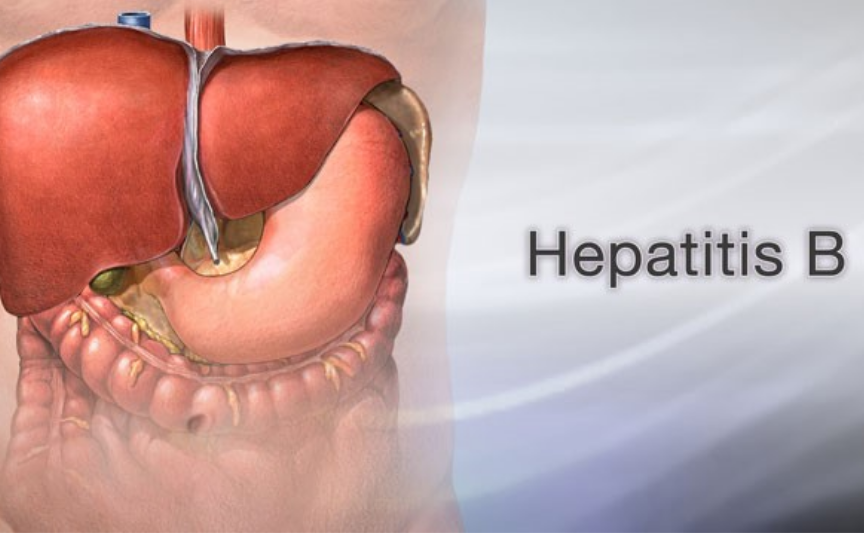Hepatitis B
Hepatitis B: Causes, Symptoms & Prevention
What is Hepatitis B?
Hepatitis B is a viral infection that affects the liver and can cause both acute and chronic disease. Chronic Hepatitis B can lead to cirrhosis, liver failure, or liver cancer if left untreated. Effective antiviral medications are available, and vaccination is the best prevention.
How is Hepatitis B Transmitted?
✔ From mother to baby at birth (vertical transmission)
✔ Through unprotected sex with an infected person
✔ Sharing contaminated needles (drug abuse, tattoos, unsafe medical procedures)
✔ Blood transfusion with infected blood
✔ Close household contact with an infected person
Symptoms of Hepatitis B
Most people with acute hepatitis B have mild or no symptoms, but some may experience:
✔ Fever, body aches, nausea, and vomiting
✔ Jaundice (yellowing of skin and eyes)
✔ Dark urine and loss of appetite
✔ Fatigue and weakness
✔ Abdominal pain and swelling
Chronic hepatitis B may have no symptoms for years but can slowly damage the liver, leading to cirrhosis and liver cancer.
Diagnosis & Treatment
✔ Blood tests (HBsAg, HBV DNA, liver function tests) confirm infection.
✔ Ultrasound/ Fibro scan ( Sometimes- liver biopsy) assess liver damage.
✔ Most acute infections resolve on their own, but chronic hepatitis B requires antiviral medications to prevent liver damage.
Prevention & Vaccination
✔ Hepatitis B vaccine is the best protection, given at birth and in adulthood if not vaccinated earlier.
✔ Use condoms during sexual activity.
✔ Avoid sharing needles or razors.
✔ Ensure blood transfusions and medical equipment are sterilized.
If diagnosed early, Hepatitis B can be managed effectively with treatment and lifestyle modifications. Get screened if at risk!
